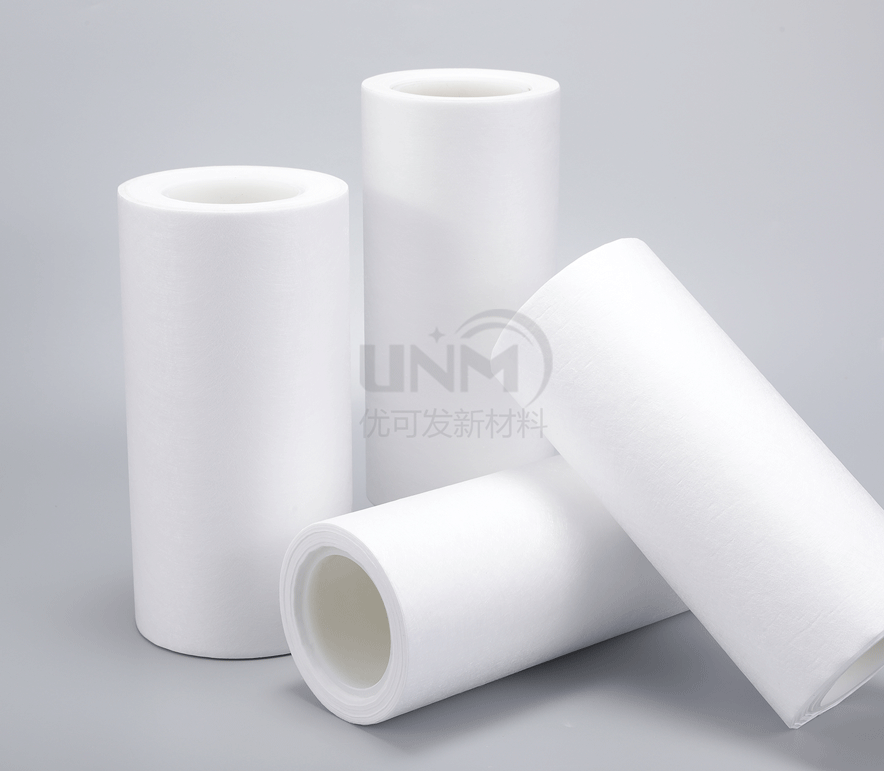Filtration, as it is called in the pharmaceutical industry, can be divided into four methods: coarse filtration, microfiltration, ultrafiltration and reverse osmosis according to the size of the filtration pores. Coarse filtration generally refers to filtration with a retentate diameter greater than 10 µm, and is widely used for clarification of medicinal liquids, filtration of cell debris, etc. Microfiltration generally refers to filtration with pore sizes ranging from 0.1 µm to 10 µm. The main purpose is to remove microorganisms and small particles in the liquid. For example: 0.65 µm filters are often used to filter bacteria, 0.22 µm filters with pore sizes are often used for sterilizing filtration, and 0.1 µm filters are also widely used to remove mycoplasma in serum.

The 0.22 µm in 0.22μm sterilizing filter membrane refers to (for clarification filtration The filter often refers to the nominal pore size, and for terminal filters, it generally refers to the pore size). Microfiltration filters used in the production of sterile dosage forms are classified in various ways. It is divided into three types according to the purpose of use: clarification filter, pre-filter and sterilization filter. The sterilizing filter is one of the most widely used.
0.22μm sterilizing filter membraneAs the core filter material of this filter, it plays a very important role in filtration. .
The porosity can reach 80%~90%, and after high-temperature heat setting treatment, the microporous structure is stable and can well intercept dust particles, and its pore size is Small and uniform, with surface filtration mechanism, easy dust removal, strong hydrophobicity, and low surface energy, it can ensure that all impurities such as small bacteria are trapped, and it has a large flux. When used for gas filtration, it can intercept all kinds of phages, small bacteria and particles above 0.02um.
It is the manufacturer of 0.22μm sterilizing filter membrane. Our products use imported raw materials and have a full set of advanced production equipment. Advanced production equipment, with advanced clean rooms and independent composite slitting workshops, ensure the production quality of PTFE film; imported production testing instruments are used to test the quality of PTFE film, and have passed SGS testing and certification, and ISI testing and certification. Interested parties are welcome to enter the store and contact us.
</p






